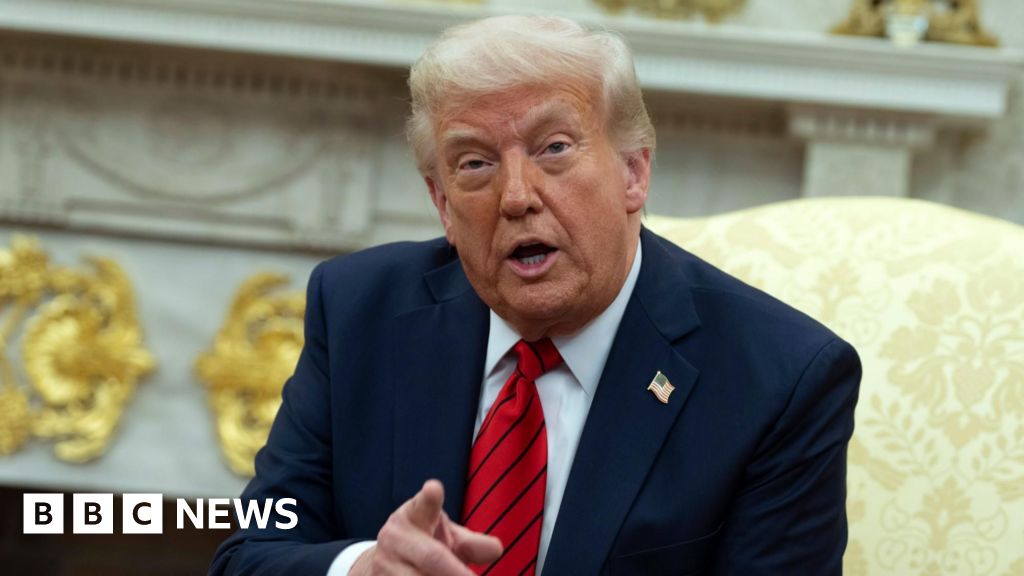France Faces Fiscal Crisis: Prime Minister Bayrou Calls for Urgent Reforms

Prime Minister Franois Bayrou has issued a stark warning regarding France's longstanding habit of overspending, emphasizing the urgent need for reforms in public finances. During a press conference held on Tuesday, he described the countrys chronic deficits as a vicious circle, a dangerous trap, potentially irreversible, urging the French populace to understand the severity of the situation. He stated, This risk is politically untenable. But more profoundly, it is morally unacceptable.
Bayrou, who is allied with President Emmanuel Macron, has prioritised addressing the country's deteriorating public finances. However, he faces significant political risks as the opposition could potentially capitalize on any backlash from the public regarding budget cuts. The political landscape has been increasingly fraught since Macron's snap elections last summer resulted in a fragmented National Assembly comprised of three similarly-sized factions, leading to gridlock in legislative processes.
Without a parliamentary majority, Macron's centrist government, along with Bayrous party, will need to resort to a constitutional clause to push through the 2026 budget. This maneuver places them at risk of a no-confidence vote, a situation that previously led to the ousting of Bayrou's predecessor, Michel Barnier, last year.
This year, France's interest expenses are projected to reach approximately 62 billion, a figure that equals the combined annual spending on defence and education, excluding pensions. If current trends continue, these costs could escalate to around 100 billion by 2029. Bayrou cautioned that a downgrade by credit rating agencies or diminished investor confidence in government bonds could further increase borrowing costs.
In a related statement, Finance Minister Eric Lombard warned that an additional 40 billion fiscal package will be necessary for 2026 if the country hopes to reduce its budget deficit from 5.4 percent to 4.6 percent of national output by the end of 2024. The initial budget for 2025 already includes significant tax hikes and spending cuts totaling 50 billion.
This undertaking is complicated by a sluggish economic environment, characterized by decreased growth and rising unemployment rates. The Bank of France has recently adjusted its growth forecast for this year from 0.9 percent to a mere 0.7 percent, citing a stagnant economy across Europe and the looming threat of a global trade war, particularly in light of Donald Trump's policies.
To tackle the fiscal challenges, the government plans to propose cuts to social spending, which constitutes half of all government expenditures. However, these cuts may provoke public anger as they would involve measures such as eliminating tax breaks for pensioners and healthcare, alongside reducing the rising costs associated with medical leave. Additionally, the government intends to implement new mechanisms to prevent tax evasion among the wealthy, although it will not reinstate the wealth tax that was abolished in 2017. A temporary tax imposed on large corporations is also scheduled for elimination.
Bayrou emphasized, If French people say no to these actions, then we will be heading to a crisis. He further warned that without necessary reforms, there will be little financial room to address critical priorities, including defense spending and climate change initiatives. President Macron has underscored the need for increased defense expenditures to meet security challenges posed by Russia and the potential decrease in U.S. military support for Europe. Nevertheless, Bayrou on Tuesday only committed to maintaining the already planned increases through 2030.
The government is currently drafting the 2026 budget, with intentions to present a proposal by mid-July, a significant advancement from the usual timeline. The survival of Bayrou's government against a potential no-confidence vote in the fall will heavily depend on the stance of the Socialist party, a crucial swing bloc in the National Assembly, alongside the far-right faction led by Marine Le Pen.
Sebastien Chenu, a lawmaker from the far-right Rassemblement National party, articulated that their group could consider voting to topple the government if the budget puts undue pressure on working-class citizens. Constructing a budget that asks French people to tighten their belts... exposes them to a no-confidence motion from us, Chenu remarked.
Currently, Frances budget deficit remains alarmingly above the EU's prescribed limit of 3 percent of GDP, marking it as one of the poorest performers in the bloc. The French government aims to return to that threshold by 2029, but has already been placed on the EU's watchlist of nations with excessive deficits, which will be monitored closely to ensure compliance.



























